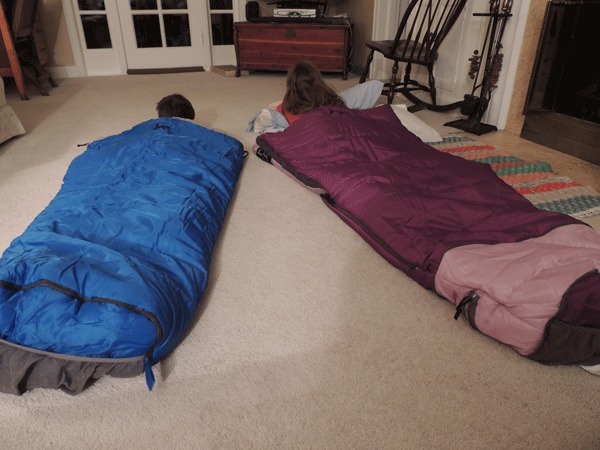We all want our children to have friends and to do well socially. Some children have an easier time with this than others. There are many ways you can help as a parent or grandparent or even as a friend. Making friends is a skill we all need and enjoy.
Researchers have found that children who are well-liked use nonverbal skills of eye contact and smiling. These are two things a child can work on that will help your child make friends and be a friend.
When you talk with your child, tell him to look at you. Have him put his eyes on your eyes. This doesn’t sound like a big deal but it is. When you are talking with someone and that person doesn’t make eye contact with you, it feels as if something is really lacking. That is true with children, too.
Along with making eye contact, smiles are important. Whenever your child has a great smile, point it out. Tell him what a great smile he has. This kind of comment will reinforce a smile.
Just working on these two things, eye contact and smiling, will begin helping your child make friends. After that, you need to look for warning signs of friendship problems. Watch your child when he plays with other children. Check areas that you feel he needs help with that you can begin to help him make changes.
• Doesn’t take turns
• Is a poor loser
• Is very competitive
• Acts bossy
• Doesn’t share
• Rarely listens to others
• Never apologizes
• Barges in too quickly
• Plays too aggressively
• Quits before game is over
• Lacks skills for game
• Rarely cooperative
• Acts discourteously
• Becomes angry easily
• Uses whiny voice
• Uses unhappy expression
• Shows little empathy
• Hangs back
After you pay attention to what seems wrong when he plays with friends, focus on one area and help him improve in that one area. Don’t take on too much or he will feel defeated.
Help him try his newly learned skills by having him have a new friend come over to play. These are real opportunities to learn to play together. These are one-on-one play opportunities. This can begin in preschool, elementary school or even middle or high school. Provide snacks but keep interruptions to a minimum. This should be just between the two children. Television and computer games should not be included as they take over and making friendship skills are not learned. This is tough to do in this day and age of computers and the games that go with them.
Set up the rules on the day before he invites a friend. When the friend goes home, talk about the time together. How did you your child feel about it? What did he like and what didn’t he like? Would he like to do it again? What would he do differently?
If he wants to, try it again in a week or two. See if he makes improvement. Emphasize the parts of the day that went well. It is just like telling him his smile was great and then he is more likely to smile more. If he feels he is making progress and being a better friend, he will try even harder.
Being a friend is a skill we all need to have. Few of us do well as loners. But being a friend takes learning just like everything else in life. It is a skill worth having.
Cynthia Martin is the founder of the First Teacher program and director of Parenting Matters Foundation, which publishes newsletters for parents, caregivers and grandparents. Reach Martin at pmf@olypen.com or at 681-2250.



